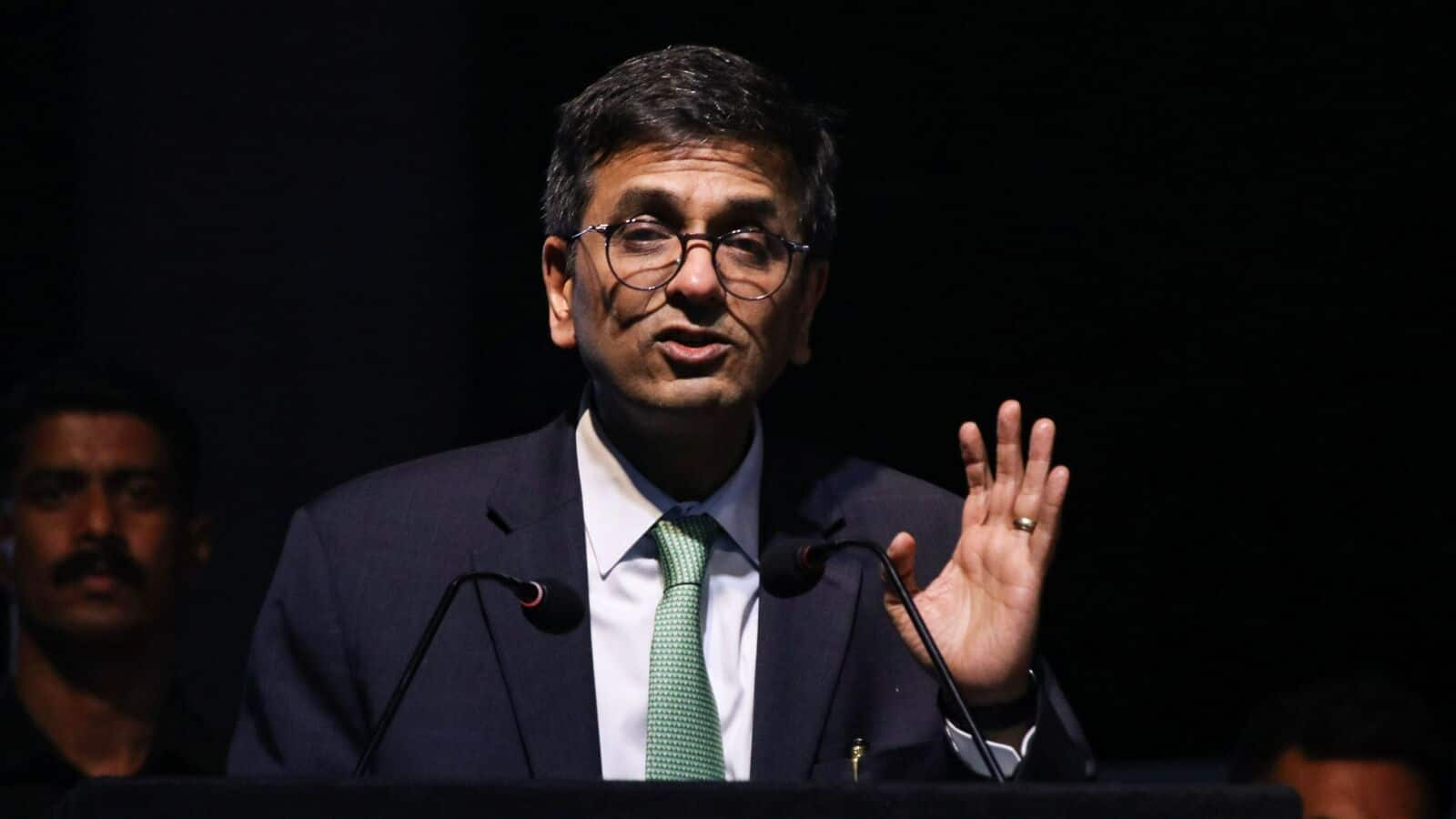
Enactment of 3 criminal bills shows India is changing: CJI
What's the story
Chief Justice of India DY Chandrachud has praised the enactment of three new criminal laws, terming it a clear sign of India's progress. Speaking at a conference on 'India's Progressive Path in the Administration of the Criminal Justice System,' he stated that these laws are crucial for dealing with future societal challenges. The three new criminal laws—Bharatiya Nyaya Sanhita (BNS), Bharatiya Nagarik Suraksha Sanhita (BNSS), and Bharatiya Saksha Adhiniyam (BSA)—come into force on July 1.
Legal overhaul
New laws to overhaul India's criminal justice system
Chandrachud indicated that the implementation of these three new criminal laws will significantly overhaul India's criminal justice system. He underscored that these fresh laws have brought in "much-needed improvements" to safeguard victims' interests and streamline the investigation and prosecution of crimes. The chief justice believes that the effectiveness of these laws hinges on how well those in charge adapt to them.
Needed
Changes were 'much-needed': CJI
He added that the changes were "much-needed" to "protect the interests of victims and carry out investigation and prosecution of offences efficiently." "This naturally means that we must heavily invest in capacity building of our forensic experts, conduct training of investigating officers, and invest in our court system. Key provisions of the new criminal law would only produce a positive impact if these investments are made as soon as possible," the CJI said.
Legal replacement
3 new laws to replace Colonial Era codes
The three new criminal laws are set to replace the colonial-era Indian Penal Code (IPC), the Criminal Procedure Code (CrPC), and the Indian Evidence Act from July 1 this year. These laws encompass modifications related to terrorism offenses, acts against the state, registration of electronic first information reports (FIR), corruption in election processes, and making electronic evidence primary proof.
Enhanced punishment
New laws to enhance punishment for crimes against women, children
The new laws also categorize several crimes, such as lynching, separately, with detailed provisions and enhanced punishment for crimes against women and children. However, the provision relating to hit-and-run incidents by vehicle drivers will not be enforced immediately. The Parliament approved the three laws on December 21 last year, and President Droupadi Murmu gave her assent on December 25.